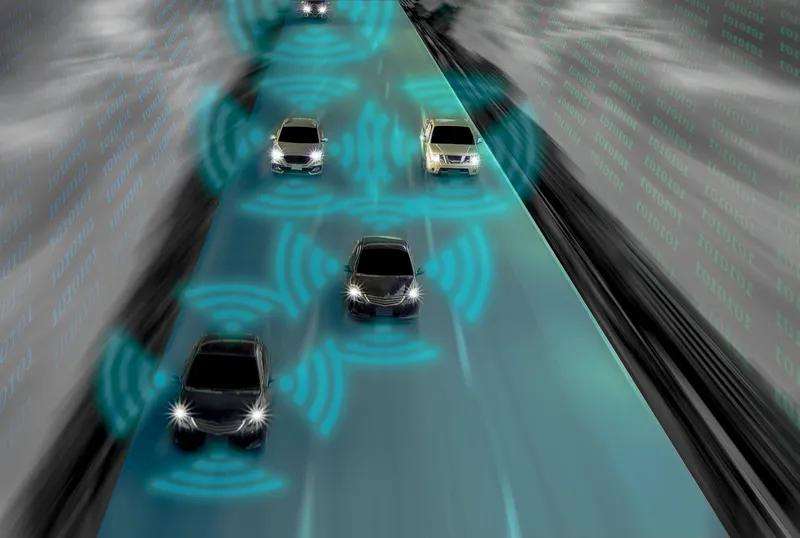The company will be featuring the EcoTrafiX (ETX) suite of products that has been developed to accommodate the individual agency's transportation needs, from a simple signal system to an ATMS and more; a region’s needs, from event management and sharing to a connected corridors and decision support systems; and ultimately to more automation of the needs of connected corridors, by providing the gateway between information and drivers; and finally, smart mobility as a part of a smart city concept.
Kapsch was selected for one of the two integrated corridor management deployment sites in Dallas, Texas, where ETX was used as the brain behind the entire operation. The system was originally planned for the 20 miles of US 75 corridor including; Texas Department of Transportation, Dallas Area Rapid Transit, Cities of Dallas, Richardson and Plano, North Texas Tollway Authority and North Central Texas Coalition Of Governments. Since then, the system has expanded to many more cities and agencies and it will continue to grow.
This innovative project has discovered a new model to manage mobility in a multiagency and multimodal operational region and has established the basis for integrated mobility technology and smart cities initiatives.
At the ITS World Congress, Kapsch will also present its new solution ‘The Next Generation Back Office’, for tolling systems. The operational back office that Kapsch will feature in a live demonstration on its stand is a stand-alone customisable bundle of services orchestrated according standard business processes, providing vehicle identification services and validation processes, trip handling business logic, trip rating, and posting to the commercial back office or other systems as required. The demonstration will walk visitors through key business processes including manual validation, support for smartphone transactions, and automatic vehicle recognition.
Kapsch turns spotlight on EcoTrafiX
Kapsch will use the ITS World Congress Melbourne to highlight systems and technologies to support current needs but with an eye on the future and the overall Smart Mobility concept. The company will be featuring the EcoTrafiX (ETX) suite of products that has been developed to accommodate the individual agency's transportation needs
September 13, 2016
Read time: 2 mins









